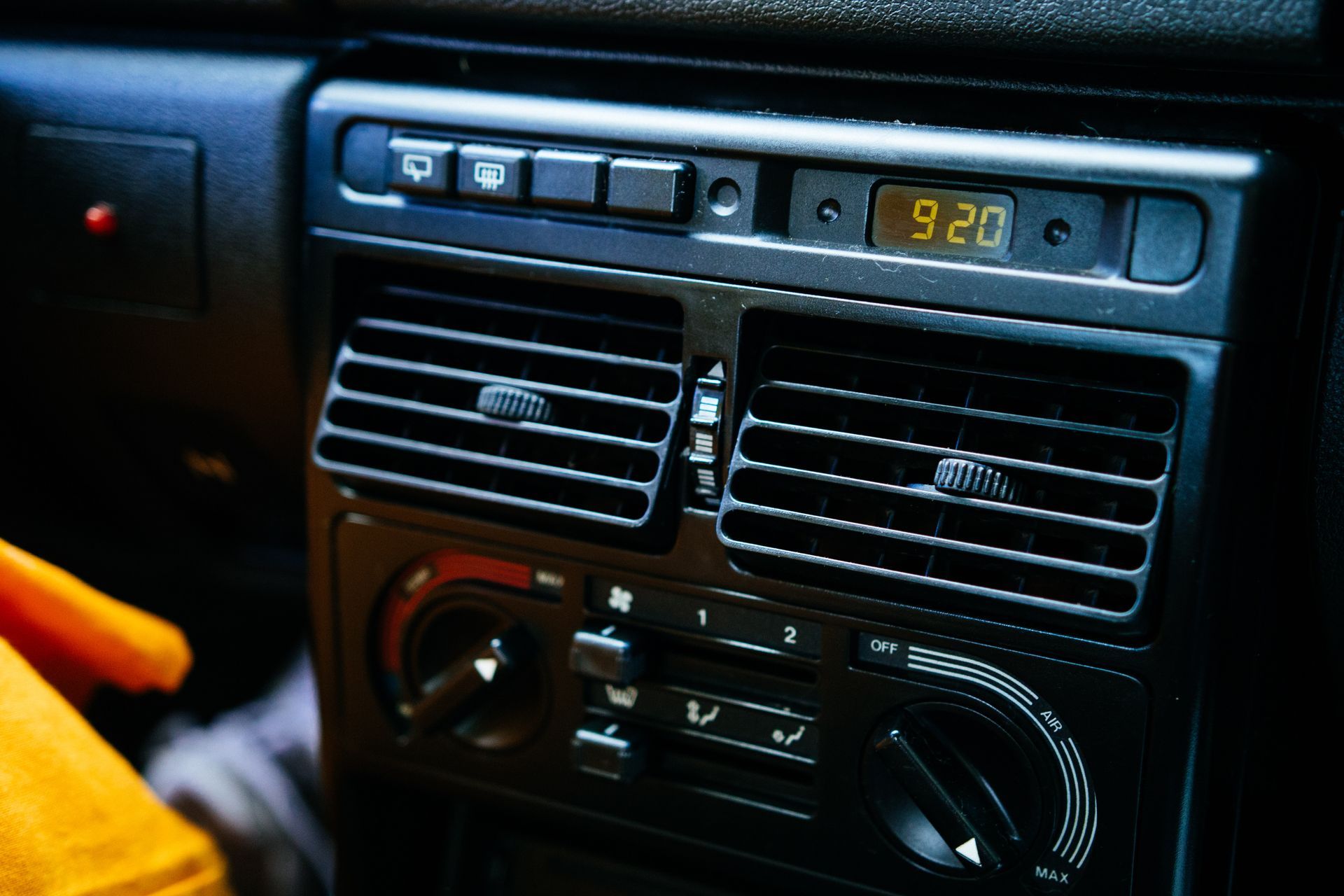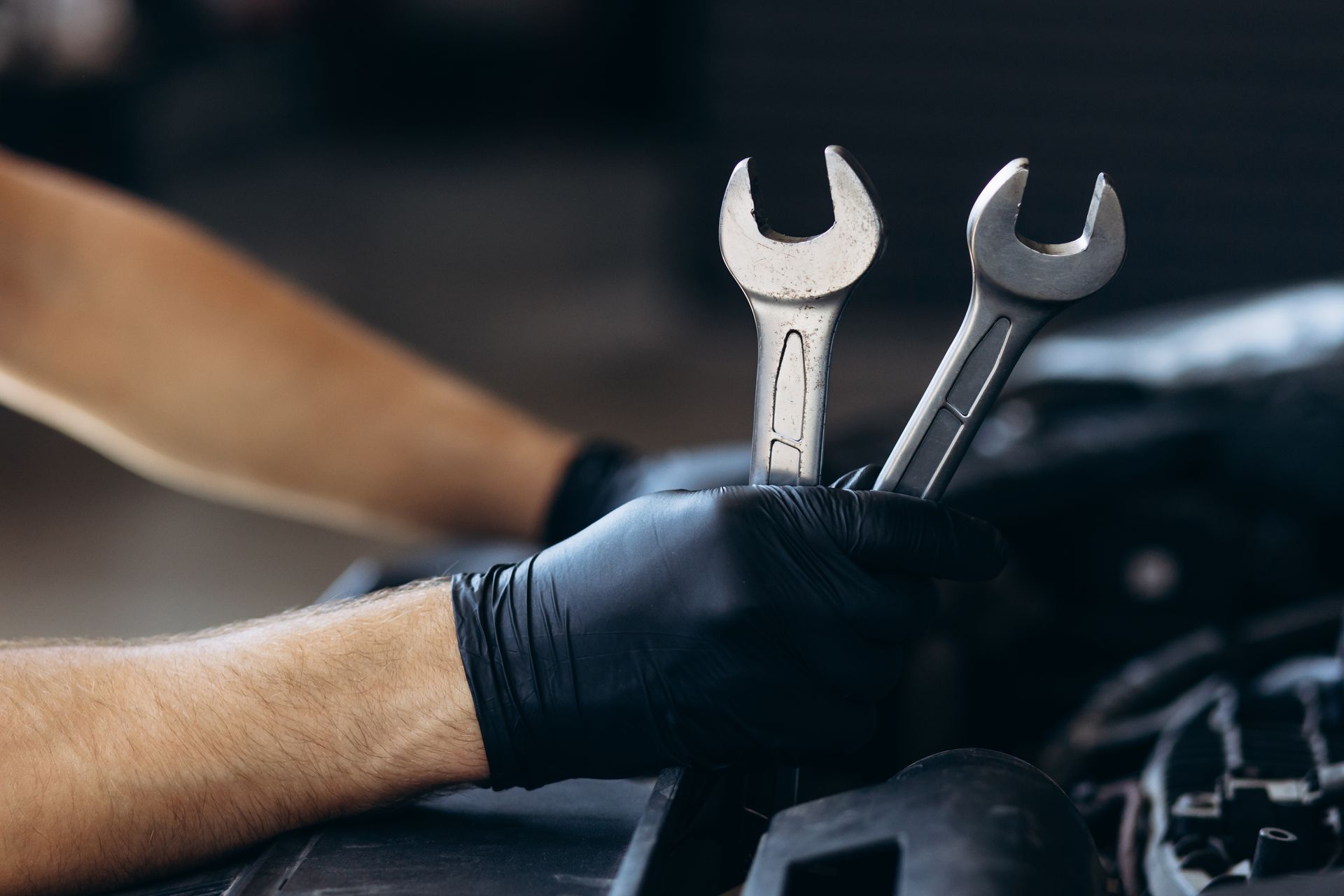Navigating the Check Engine Light: Insights from Our Mechanics
The check engine light: perhaps no other dashboard warning induces as much stress for drivers in Fitchburg, Shirley, and Gardner, MA. It's the ultimate sign that something may be amiss with your vehicle. But what exactly does it mean, and how should you respond? The skilled mechanics at Absolute Auto Repair are here to break it down for you, offering insights that every driver should know.
What is the Check Engine Light?
The check engine light is part of your car's onboard diagnostic system. When it illuminates, it's signaling that the computer has identified a potential issue within the engine or a related system. It can range from minor concerns, like a loose gas cap, to more severe problems that could harm your vehicle if not addressed promptly.
Why Does It Come On?
There are countless reasons why your check engine light might activate. Some of the most common causes we've seen at Absolute Auto Repair include:
- Loose or Damaged Gas Cap: It might sound trivial, but if your gas cap isn't secured properly or is damaged, vapors can escape, leading to decreased fuel efficiency and increased emissions.
- Oxygen Sensor Needs Replacement: This sensor measures the amount of unburnt oxygen in your car's exhaust system. If not replaced, your engine will burn more fuel than necessary, and you might experience decreased fuel efficiency.
- Spark Plugs or Plug Wires Need Replacement: These are essential for your car's ignition system. Faulty plugs or wires can result in a weakened engine performance and reduced gas mileage.
- Catalytic Converter is Malfunctioning: The catalytic converter helps reduce exhaust gases. If it fails, your car won't pass an emissions test, and your engine might run at a higher temperature.
- Mass Airflow Sensor Needs Replacement: This sensor measures the amount of air entering the engine and determines how much fuel is needed to run efficiently. If faulty, it can harm other components like the spark plugs or the oxygen sensor.
Immediate Steps to Take When Your Check Engine Light Comes On
- Stay Calm and Assess: While it's natural to worry, a lit check engine light doesn't always signify a major issue. First, check if the light is flashing or steady. A flashing light indicates a more urgent problem, and it's recommended you pull over safely and shut off the engine.
- Check Your Gas Cap: As mentioned earlier, a loose gas cap can be a simple culprit. Ensure it's tightened properly and see if the light turns off after a few drives.
- Limit Your Driving: Until you've ascertained the issue, it's wise to reduce unnecessary trips. This precaution ensures you don't exacerbate potential problems.
- Visit a Trusted Mechanic: If you're in the Fitchburg, Shirley, or Gardner, MA area, our team at Absolute Auto Repair is always ready to assist. It's crucial to have a professional diagnose the issue using specialized equipment.
How Absolute Auto Repair Can Help
When you bring your vehicle to us, our seasoned mechanics will utilize advanced diagnostic tools to read the error codes from your car's computer. This information guides us in pinpointing the exact issue.
Once identified, we'll discuss the findings with you, outlining the necessary repairs or replacements. We pride ourselves on transparent communication, ensuring our customers in Fitchburg, Shirley, and Gardner, MA understand every step of the process.
The Importance of Timely Addressing the Check Engine Light
While it might be tempting to ignore the check engine light, especially if your car seems to be running fine, it's a risk that could lead to costlier repairs down the road. For instance, a malfunctioning oxygen sensor, if left unattended, can damage the catalytic converter, leading to a significantly higher repair bill.
Moreover, addressing the light promptly ensures optimal fuel efficiency, saving you money at the pump. And most importantly, it guarantees the safety of you and your passengers.











